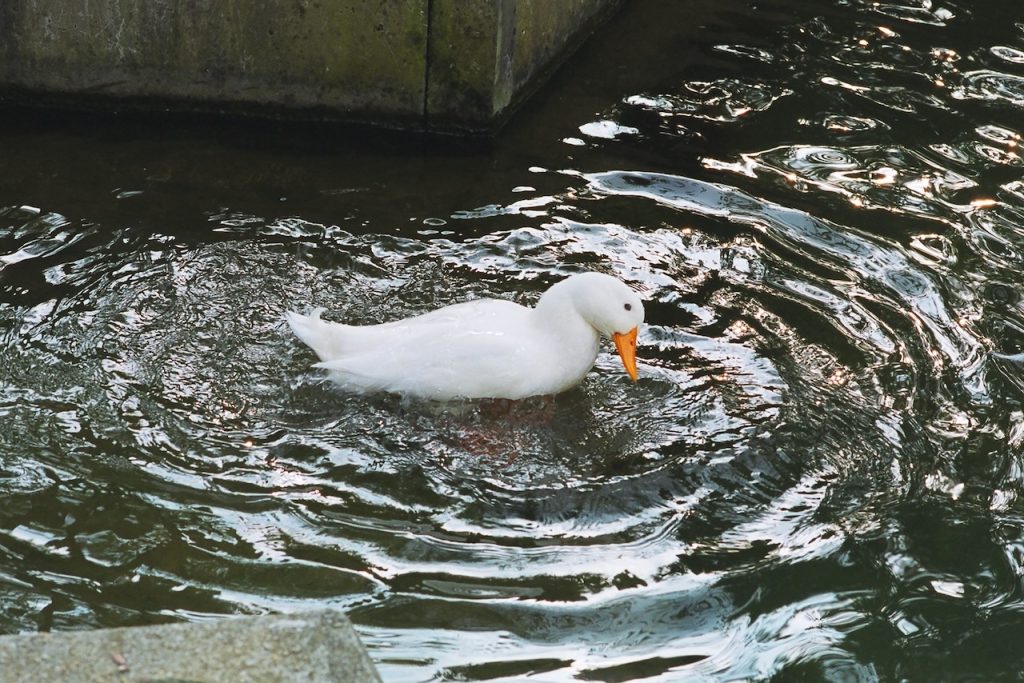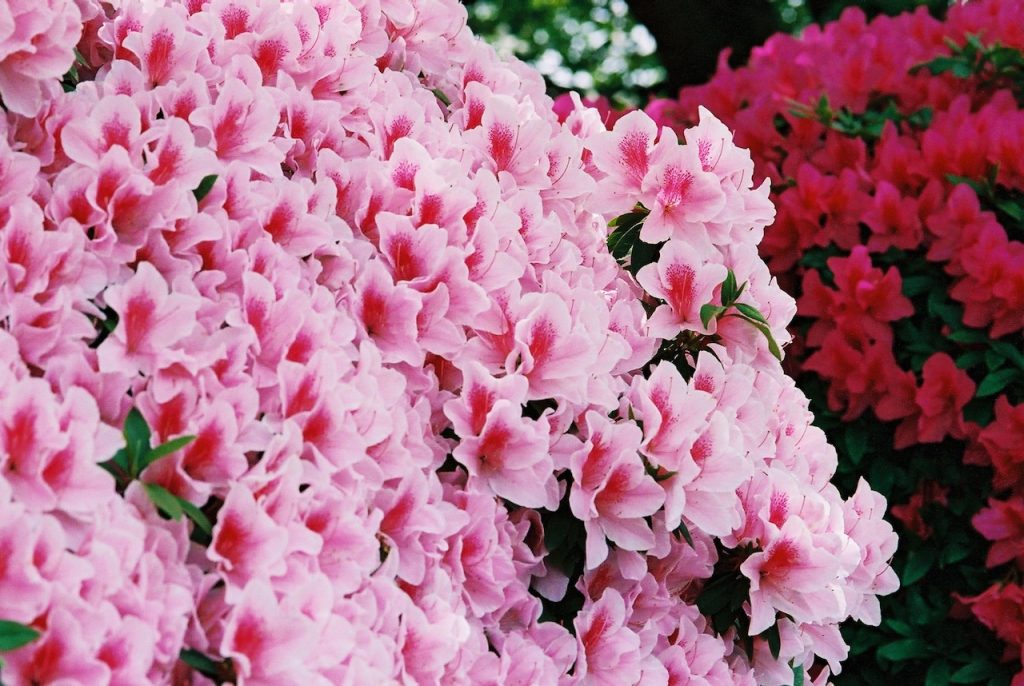
From this month’s second Zen maxim in Japanese site of Rinzai-Obaku Zen.
In Zen, nature is seen not merely through an appreciation of the quiet and fading beauty of things, but rather as dynamism and contrast.
江碧鳥逾白 山青花欲燃 (こうみどりにしてとりいよいよしろく やまあおくしてはなもえんとほっす)
臨黄ネットの今月のふたつめの禅語から。
禅における自然観は、よく言われる侘び寂びではなく、むしろダイナミズムとコントラストとして捉えられていると解してみました。
E whakamā noa atu ana te manu i te wai kikorangi, e hīwera ngā pua i te maunga kākāriki
Hei tā te kōrero tuarua o te marama i te wāhanga Hapani o te Rinzai-Obaku Zen.
I te Zen, ka tirohia te taiao hei nekeneke me te rerekētanga, kāore i runga anake i te aroha mō te ātaahua hūmārie, ngoikore, me te tawhito.

